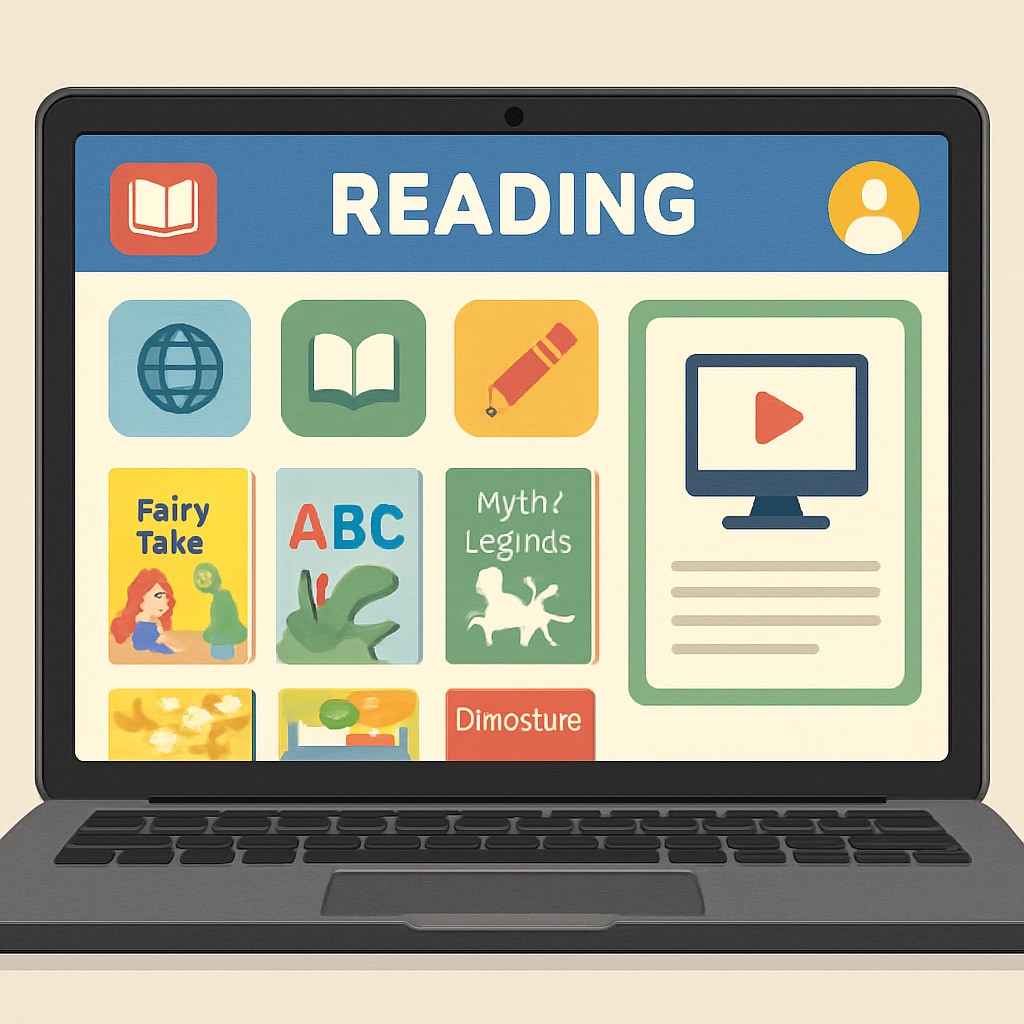Helping children develop strong reading comprehension skills is essential for their academic success and lifelong learning. However, many families rely on paid systems like Accelerated Reader (A.R.) points to measure progress, which can be limiting. This article delves into free, effective alternatives to traditional reading comprehension tests, emphasizing ways to cultivate reading interest and skills through engaging activities, accessible digital tools, and family-centered strategies.
Why Move Beyond Traditional Reading Tests?
While systems like A.R. points provide structured assessments, they often focus on quantifying reading rather than nurturing a love for literature. This approach can inadvertently stress young readers, turning reading into a chore rather than a joy. Free alternatives not only spark curiosity but also encourage creativity and critical thinking, laying the foundation for a lifelong passion for reading.

Engaging Activities to Foster Reading Skills
Creating enjoyable and interactive reading experiences can significantly enhance comprehension and retention. Here are some free activities parents can implement:
- Storytelling Sessions: Encourage kids to narrate their favorite stories or invent their own. This builds narrative understanding and confidence.
- Reading Aloud: Family read-aloud sessions make reading a shared activity, boosting vocabulary and comprehension.
- Book Discussions: After finishing a book, discuss characters, plots, and themes to deepen understanding.
These activities turn reading into a dynamic and collaborative process, making it more engaging for young learners.
Digital Resources: Free Tools to Support Reading Development
The internet offers a treasure trove of free reading resources that can supplement traditional comprehension tests. Some recommended platforms include:
- Project Gutenberg: Access thousands of free eBooks suitable for children and young readers.
- Storyberries: A collection of free interactive stories tailored for kids.
- Khan Academy: Provides free lessons on language arts comprehension skills.
Digital tools not only grant access to diverse content but also include interactive features like quizzes and games to make learning enjoyable.

Family Engagement: A Key to Reading Success
Parents and caregivers play a pivotal role in fostering a child’s reading abilities. Here are a few tips for creating a supportive reading environment:
- Set a Daily Reading Routine: Allocate specific times for reading, whether before bedtime or after school.
- Create a Reading-Friendly Space: Design a cozy corner with books, cushions, and proper lighting to make reading more inviting.
- Lead by Example: Children often emulate adults. Show enthusiasm for reading by reading your own books alongside them.
Family involvement ensures that reading becomes a meaningful and enjoyable part of daily life rather than a task to complete.
Conclusion: Nurturing Lifelong Readers
By integrating free resources, interactive activities, and family engagement, parents can move beyond paid testing systems like A.R. points to cultivate genuine reading interest and comprehension abilities in children. The key lies in making reading an enjoyable and collaborative experience, ensuring that young learners not only excel academically but also develop a lifelong passion for literature.
As a result, these free alternatives empower families to play an active role in their children’s reading journey, fostering skills that go beyond traditional tests and nurturing a true love for books.


